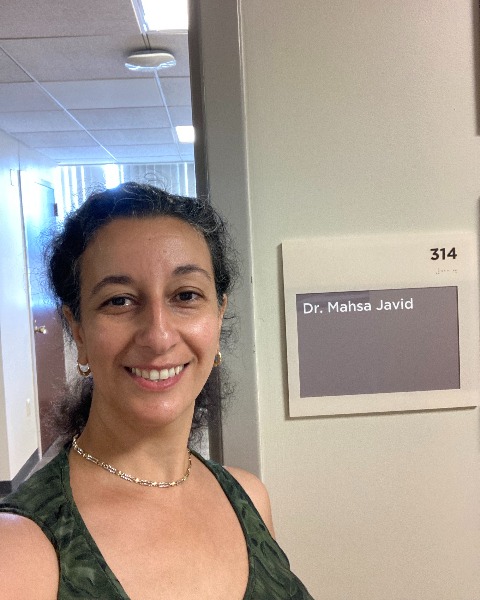Quality Improvement/Clinical Outcomes
E415: Decision making in surgical oncology can be enhanced and standardized using artificial intelligence

Mahsa Javid, MB BChr MA DPhil
Associate Professor of Surgery
University of Louisville
Louisville, Kentucky, United States
Mahsa Javid, MB BChr MA DPhil
Associate Professor of Surgery
University of Louisville
Louisville, Kentucky, United States
Mahsa Javid, MB BChr MA DPhil
Associate Professor of Surgery
University of Louisville
Louisville, Kentucky, United States
ePoster Abstract Author(s)
Submitter(s)
Author(s)
Lack of consistency and standardization of care is one of the major impediments to the provision of optimal treatment in surgical oncology and other healthcare fields in the U.S. and across the world. Artificial intelligence (AI) tools have started to be used to assist healthcare professionals in their decision making by providing additional information and insights in small settings such as AI-powered virtual tumor boards. Broadening the scope of such AI tools may help to ensure the highest standards are being delivered throughout the field.
Methods:
Complex surgical oncology issues were posed to the AI tool, ChatGPT, to examine the usability of this tool in scenarios that are potentially highly challenging to healthcare professionals. Twelve such questions across the field of surgical oncology were asked and are listed in Table 1. Questions were chosen that incorporate topics in surgical oncology that remain controversial and the solutions to which may be disputed depending on healthcare professionals’ experiences, opinions, knowledge, skills and attitudes.
Results:
Answers to the twelve questions posed to ChatGPT were readily obtained and included clear explanations as to the potential courses of action. The answers made references to appropriate guidelines and ongoing trials in the cases where such guidelines and trials exist. The reasons leading to reevaluation of approaches and evolution of guidelines were stated. Definitive, singular answers were not given in the cases in which the questions were broad but specific risks and benefits of varying approaches were stated. Pertinent patient factors to consider were provided. Additionally, alternative methods of management or investigation were proposed. Responses were consistent with views from highly specialized experts in each of the specific fields. Accompanying insights were presented which may be supplementary even to the perspectives of such experts. In each case, emphasis was placed on shared decision making with the patient and the use of multidisciplinary evaluations.
Conclusions:
AI cannot replace expert clinical decision making but it can help to ensure a consistent approach and to standardize care across the field of surgical oncology. The use of AI tools can augment healthcare professionals’ judgement and team approaches, even in the most challenging scenarios, support common understanding of issues, and help resolve disagreements in the case of variable expertise.
Learning Objectives:
- Understand the need for a consistent and standardized approach to surgical oncology decision making.
- Identify some of the tools in AI that can augment healthcare professionals decision making ability.
- Become open to some of the ways in which AI can support achieving the highest standard of care in surgical oncology.
